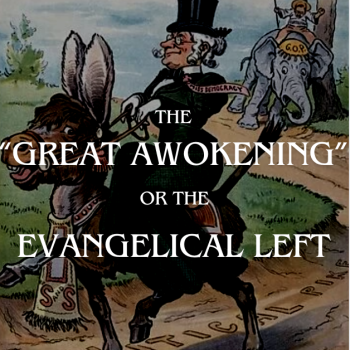Disclosure vs. secrecy
"If you disclose the act of charity, even so it is well; but if you conceal it and make it reach those who are really in need, that is best for you. It will remove from you some of your stains of wrongdoing, and God is well acquainted with what you do" (2:171).
If the charity is for a public cause, it must be known and concealment itself may be a fault of the official. The harm of publicity lies in the motive of ostentation (showing-off). When charity is to be given to an individual, it is better that it be given secretly.
Additional Responsibilities of the Fund-raiser:
- Usually they do not send a thank-you note after collecting the money. It is better to send such a note along with a tax ID number.
- They do not follow-up on those who have given the pledge as a reminder, since the pledge is a kind of loan, and they must pay it.
- Most importantly, they do not tell the charity giver how his money was spent. For example, a picture of remodeling before and after a masjid project will increase the confidence of the giver and will incline him to give more, since he will know that his money has been well utilized.
- A gift or lottery ticket is not necessary. A word of thanks and a prayer that God will accept the donor's gift and be pleased with it is all that is needed.
In Islam, for an action to be regarded as pure and for it to be accepted by God, not only does the intention have to be pure; but the means of achieving that intention has to be pure as well. "O son of Adam, spend on Me and I will spend on you" (Hadith Qudsi).
In the Name of God, The Beneficent, The Merciful
Oh believers, let not your possessions neither your children divert you from God's remembrance, whoever does that, they are the losers. And spend from the sustenance We have given you, before death overtakes any of you, and he says, 'O my Lord! if You grant me respite for a short while, then I would freely give and would be among the righteous (Qur'an 63:9-10).
This article was originally published in Islam for Today and is reprinted with permission.
Shahid Athar M.D., is Clinical Associate Professor of Internal Medicine and Endocrinology, Indiana University School of Medicine Indianapolis, Indiana, and a writer and speaker on Islam.




